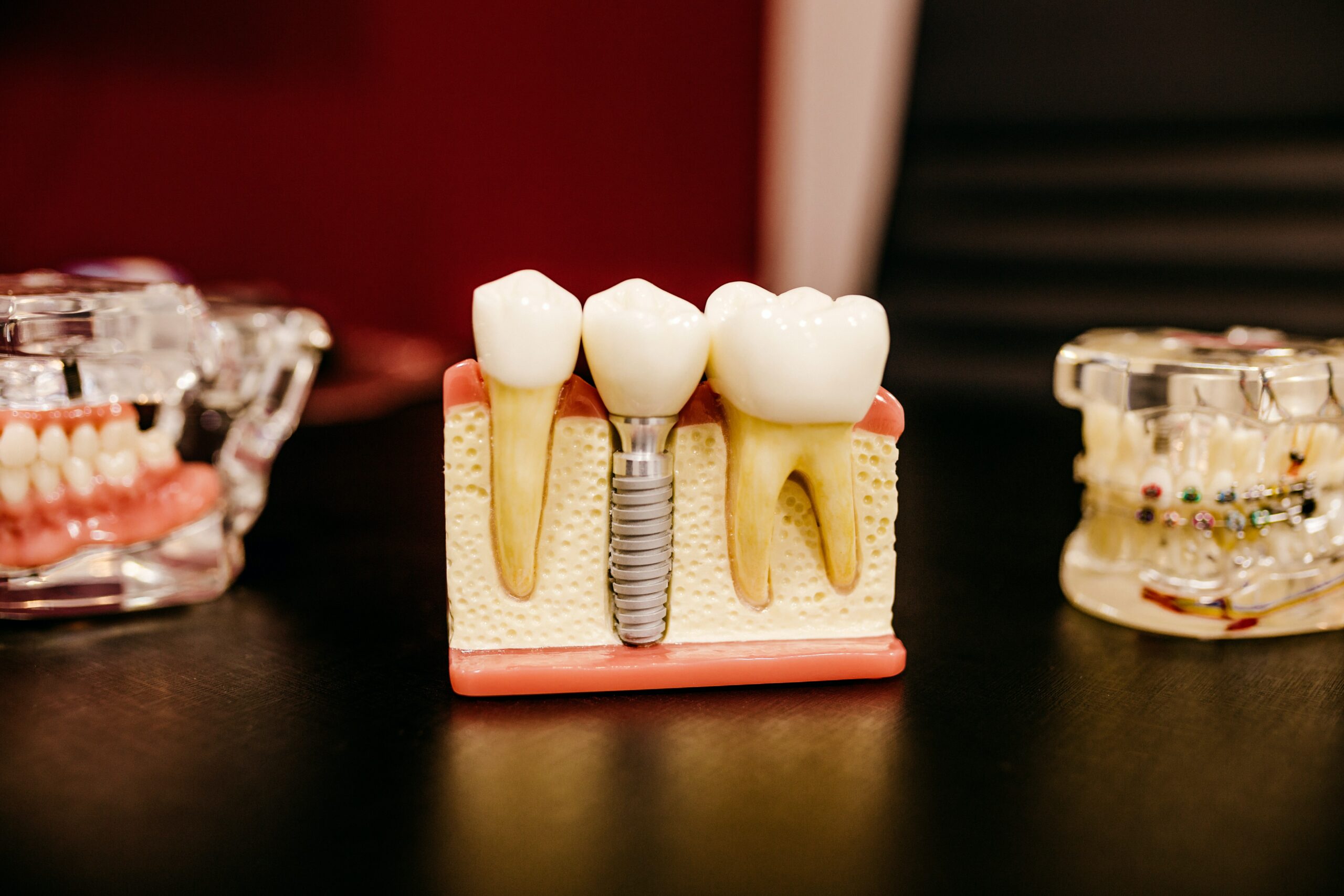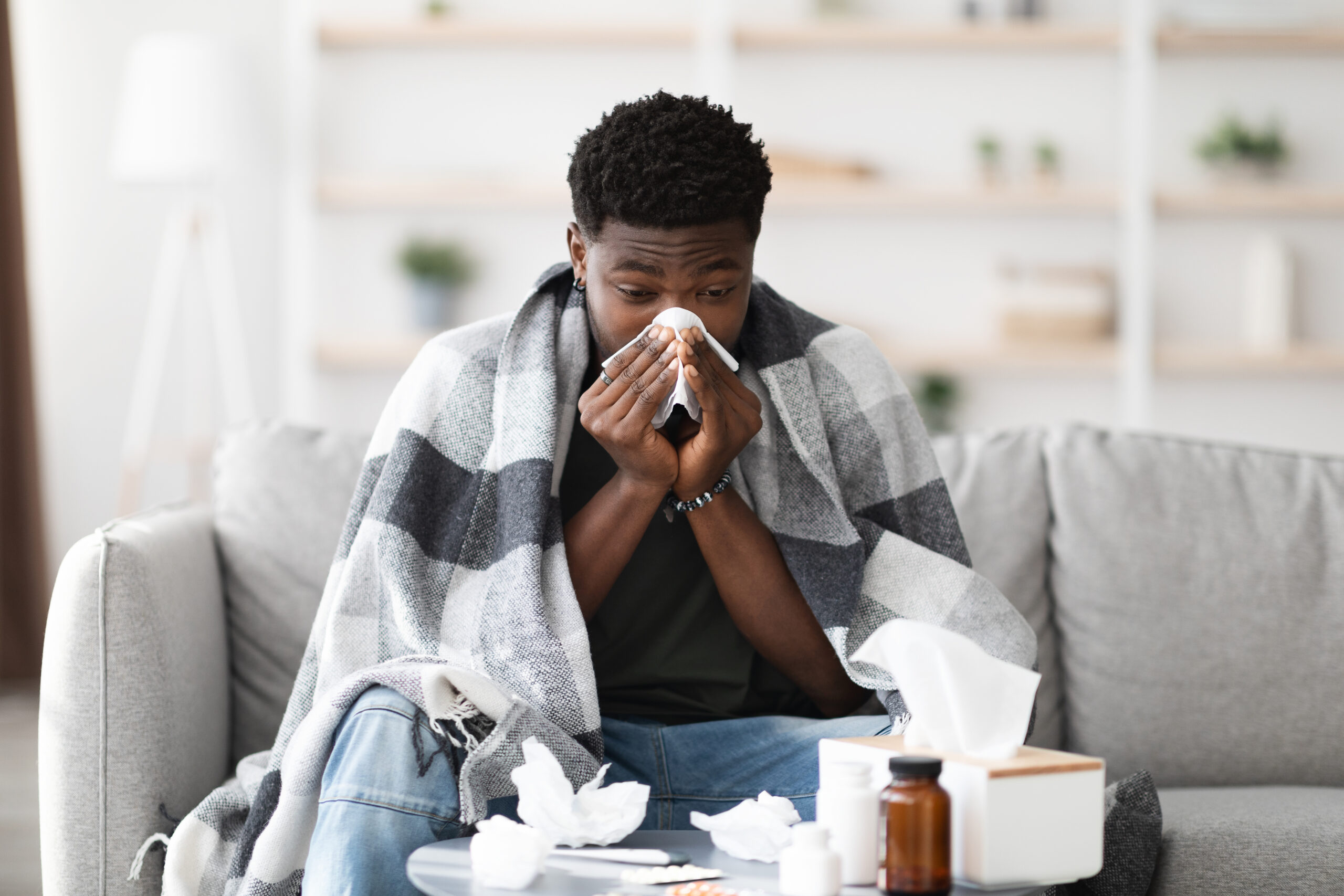Going to the Dentist with a Cold: Should You Keep or Cancel Your Appointment?
Waking up with a scratchy throat and stuffy nose on the day of your dental appointment creates an uncomfortable dilemma. You’ve waited weeks for this slot, but you feel awful. Should you power through or reschedule?
This guide answers that question and provides practical advice for navigating dental visits when you’re under the weather. You’ll learn when it’s safe to keep your appointment, how to communicate with your dental office, and what to expect during a dental visit with a cold.
Understanding the Impact of Cold Symptoms on Dental Care
Physical Discomfort During Treatment
Going to the dentist with a cold presents several comfort challenges. Cold symptoms make standard dental procedures more difficult for both you and your dentist.
A stuffy nose forces you to breathe through your mouth, which becomes problematic when dental instruments occupy that space. You might experience:
- Difficulty breathing during longer procedures
- Increased anxiety from breathing restrictions
- Frequent need to pause treatment for nose-blowing
- Throat irritation from keeping your mouth open
Contagion Risks in the Dental Office
Dental offices see dozens of patients daily, including vulnerable populations like elderly patients and those with compromised immune systems. When you’re contagious, you risk spreading illness to:
- Dental staff who work in close proximity
- Other patients in the waiting room
- Healthcare workers who may then spread illness to their families
Most colds remain contagious for 2-3 days after symptoms appear, with peak contagiousness occurring in the first 24-48 hours.

When to Reschedule Your Dental Appointment
Fever as a Key Indicator
Rescheduling a dental appointment becomes necessary when you have a fever. A temperature above 100.4°F (38°C) indicates your body is actively fighting infection, making you:
- More contagious to others
- Less able to handle the stress of dental procedures
- At higher risk for complications
Severe Cold Symptoms That Require Postponement
Cancel your appointment if you experience:
- Persistent coughing: Disrupts procedures and spreads droplets
- Heavy nasal congestion: Makes breathing during treatment nearly impossible
- Severe fatigue: Reduces your ability to cooperate during procedures
- Nausea or vomiting: Creates safety concerns in the dental chair
Emergency vs. Routine Care
The urgency of your dental need influences whether to keep or cancel appointments:
Keep appointments for:
- Severe tooth pain or dental emergencies
- Infections requiring immediate antibiotic treatment
- Trauma or injury to teeth or mouth
Reschedule appointments for:
- Routine cleanings and checkups
- Elective procedures like teeth whitening
- Non-urgent treatments that can wait 1-2 weeks
How to Handle a Dental Visit with a Cold
Pre-Appointment Communication
Always call your dental office when you’re sick. Most practices appreciate advance notice and can provide guidance specific to your situation. When calling, mention:
- Your specific symptoms and severity
- Whether you have a fever
- The type of appointment scheduled
- Your comfort level proceeding with treatment
During Your Appointment
If you and your dentist decide to proceed with treatment:
Arrive early to complete any necessary health screenings or temperature checks.
Bring tissues and don’t hesitate to ask for breaks when needed.
Communicate discomfort immediately if breathing becomes difficult or you feel unwell.
Follow enhanced hygiene protocols your dental office may implement.
What Your Dentist Might Do Differently
Dental offices often adjust their protocols for sick patients:
- Enhanced personal protective equipment (PPE)
- Modified appointment timing to reduce contact with other patients
- Additional sanitization of treatment areas
- Shorter appointment durations when possible
Managing Specific Cold Symptoms During Dental Treatment
Dealing with Nasal Congestion
Stuffy nose management during dental procedures requires preparation:
- Use saline nasal spray 30 minutes before your appointment
- Consider over-the-counter decongestants (with your doctor’s approval)
- Practice breathing exercises to manage anxiety
- Discuss using nitrous oxide to help with relaxation and breathing
Coughing During Procedures
Persistent coughing disrupts dental work and spreads germs. To minimize issues:
- Take cough suppressants before your appointment (if medically appropriate)
- Inform your dentist about cough frequency and triggers
- Agree on hand signals to indicate when you need to cough
- Consider rescheduling if coughing is severe and uncontrollable

Best Practices for Dental Appointment Scheduling When Sick
Timing Your Rescheduled Appointment
When rescheduling a dental appointment due to illness:
- Wait until you’re symptom-free for 24-48 hours
- Avoid scheduling during peak cold and flu season if possible
- Consider your recovery timeline for more complex procedures
- Book morning appointments when you typically feel best
Communicating with Your Dental Office
Effective communication prevents misunderstandings and shows consideration:
Call as soon as you feel sick, not on the day of your appointment when possible.
Be honest about symptoms and don’t downplay your illness.
Ask about their sick policy and any fees associated with last-minute cancellations.
Inquire about makeup appointments and priority scheduling for rescheduled visits.
Understanding Office Policies
Many dental practices have specific policies regarding sick patients:
- 24-72 hour cancellation requirements to avoid fees
- Health screening questionnaires before appointments
- Temperature checks upon arrival
- Modified treatment protocols for patients with respiratory symptoms
Long-term Considerations for Dental Health
Impact of Delayed Dental Care
While rescheduling for a cold is often wise, don’t let minor illnesses become excuses for avoiding dental care. Consider these factors:
- Routine cleanings prevent more serious problems
- Early detection saves time and money
- Delaying treatment can lead to emergency situations
- Regular care maintains overall health connections
Building Immunity for Future Appointments
Strengthen your immune system to reduce illness frequency:
- Maintain good oral hygiene, which supports overall immunity
- Get adequate sleep before and after dental procedures
- Stay hydrated and eat nutritious foods
- Consider timing appointments during healthier seasons
Professional Recommendations for Cold Season Dental Visits
What Dental Professionals Advise
Most dental professionals recommend:
- Honesty over courtesy: Don’t risk others’ health to keep appointments
- Planning ahead: Schedule routine care outside of typical cold season
- Emergency prioritization: Seek immediate care for urgent issues regardless of cold symptoms
- Communication: Maintain open dialogue about your health status
Industry Standards for Sick Patient Care
Professional dental organizations provide guidelines for treating sick patients:
- Enhanced infection control protocols
- Modified appointment scheduling
- Clear communication about risks and benefits
- Patient education about when to seek care
Take Action for Your Health and Others
Going to the dentist with a cold requires careful consideration of multiple factors. While the inconvenience of rescheduling feels frustrating, protecting your health and others’ wellbeing takes priority.
When you’re sick, call your dental office immediately to discuss your symptoms and options. Most practices appreciate your consideration and will work with you to find the best solution.
Remember that postponing routine care for a few days won’t harm your dental health, but spreading illness to vulnerable patients could have serious consequences for them.
Ready to schedule or reschedule your dental appointment? Contact your dental office today to discuss their policies for sick patients and ensure you receive the care you need when you’re feeling your best.
For ongoing dental health tips and appointment scheduling guidance, bookmark this resource and share it with family members who may face similar decisions during cold and flu season.




 Due to recent weather-related closures and delays, select Lane & Associates Family Dentistry offices will have adjusted hours this Friday, January 30th. Some locations will be closing at 2:00 PM, while others will remain open until 5:00 PM. Please contact your local Lane & Associates office to confirm hours and availability.
Due to recent weather-related closures and delays, select Lane & Associates Family Dentistry offices will have adjusted hours this Friday, January 30th. Some locations will be closing at 2:00 PM, while others will remain open until 5:00 PM. Please contact your local Lane & Associates office to confirm hours and availability.